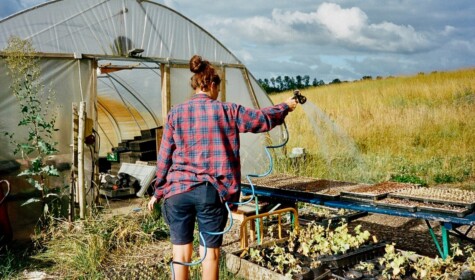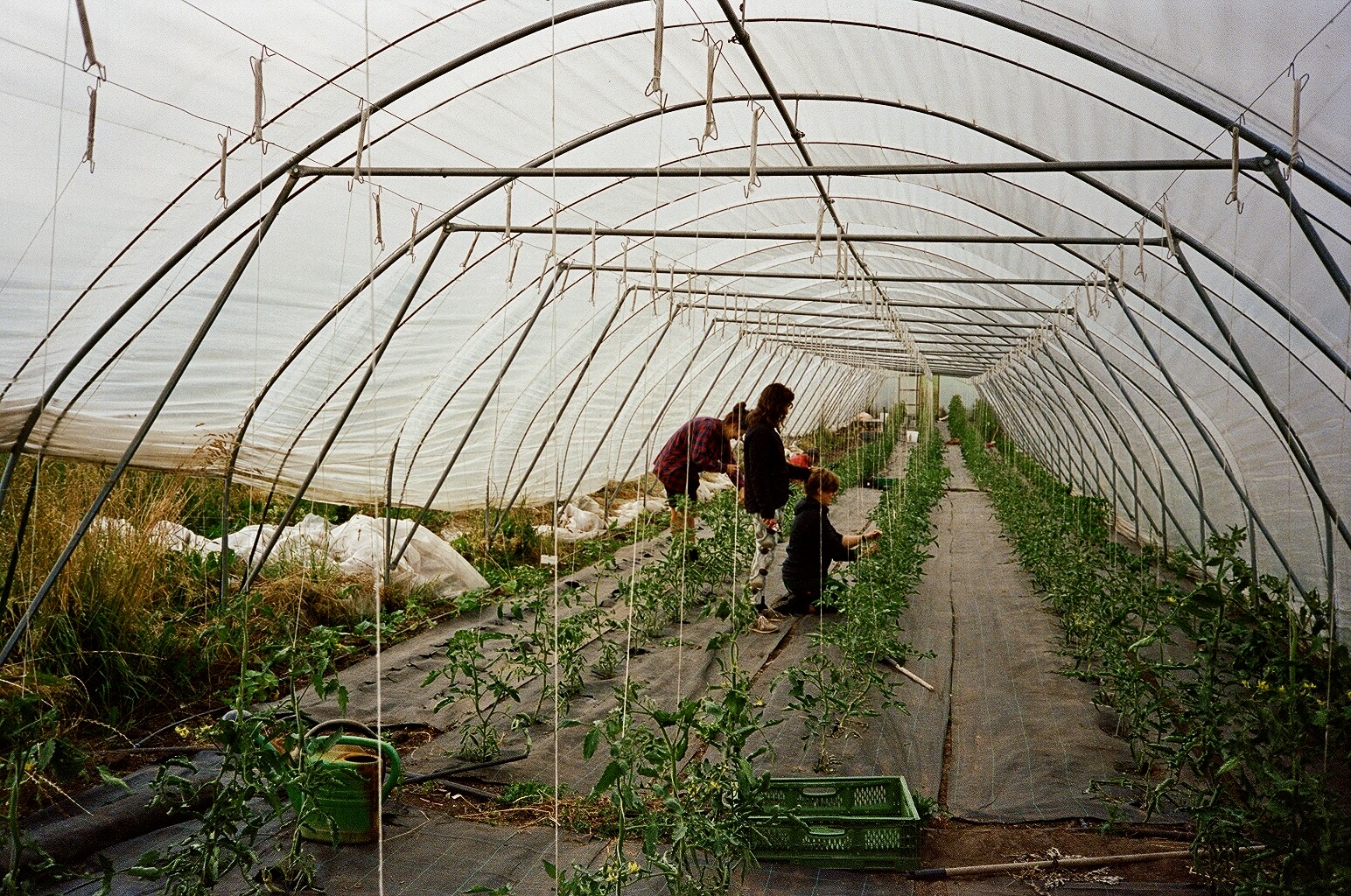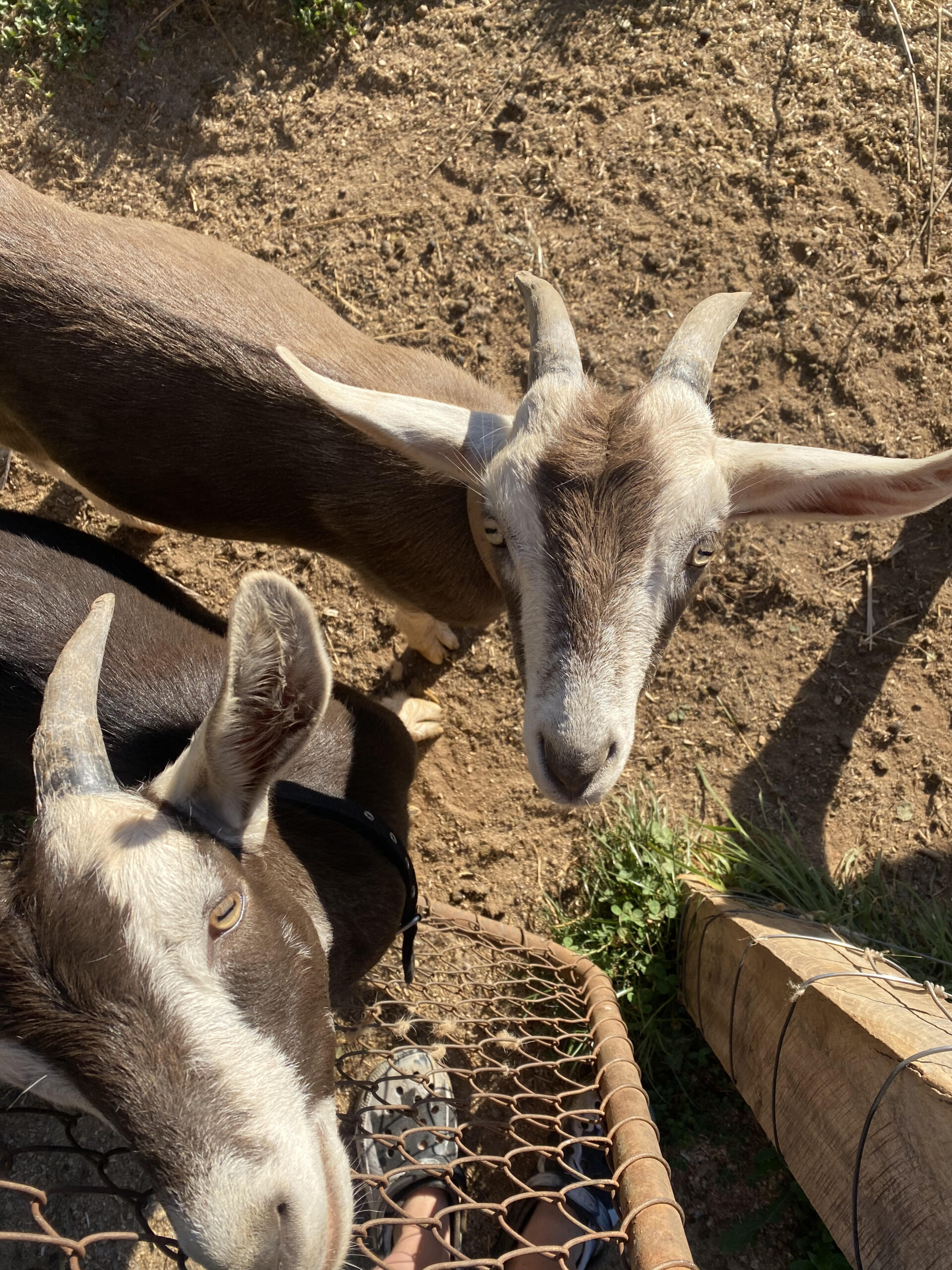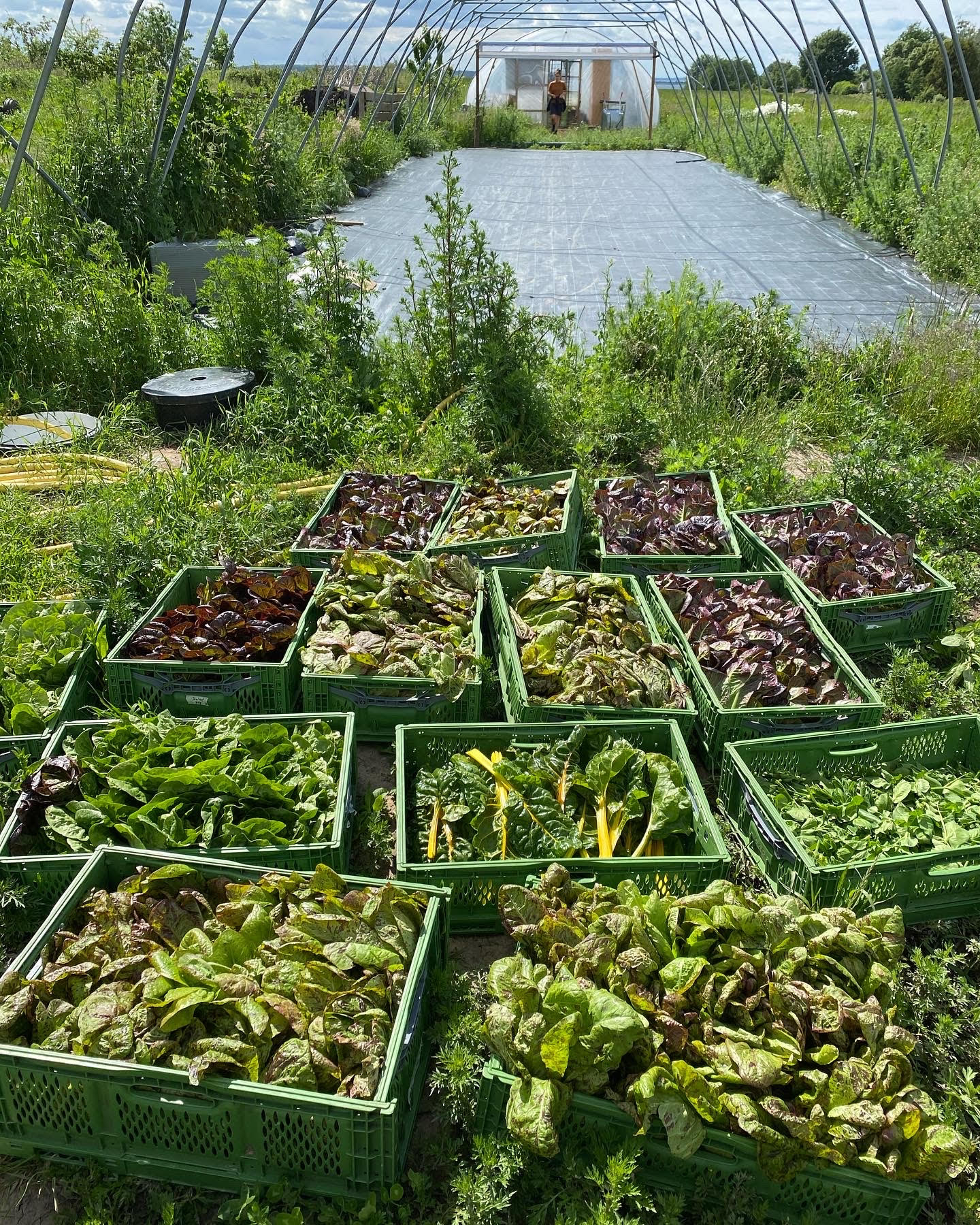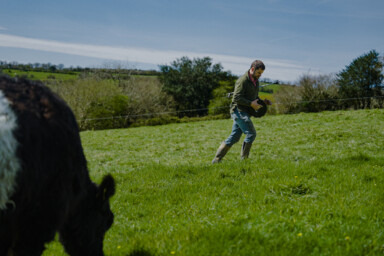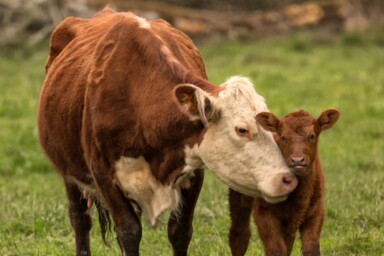Unpaid internships and volunteer positions are often positioned as a positive means of helping first generation farmers to gain vital knowledge and skills. But are they also upholding elitism and stifling diversity within farming? Here, Rose Brookfield, reflects on her own volunteer experiences in the food and farming industry to cast a light on the good, the bad and the ugly when it comes to unpaid work.
The exchange of free labour in return for farming skills via internships, traineeships, apprenticeships and other kinds of informal ‘training’ placements is advertised as an easy way for inexperienced industry entrants to enter the farming sphere. These opportunities can be invaluable experiences for new entrant farmers to learn necessary skills and become part of farming communities. The danger, however, is that aspiring farmers who haven’t got enough financial security to work unpaid often can’t take advantage of these opportunities and, because volunteer trainees are unpaid, they have no employment rights, which too often results in exploitation and abuse.
Over the last two years I have worked my way through different parts of the food and farming industry. Sometimes this work was paid but most of the time, due to my urban background and zero farm experience, it was on an unpaid internship or voluntary placement. In the chef world ‘staging’ is a common practice, a way for a young chef to earn his or her stripes. It is, or at least it used to be, part and parcel of learning; in the words of chef and author, Anthony Bourdain, the “principles of stoicism in the face of humiliation, injury, (and) fatigue”, in other words, becoming a professional chef. You were tossed to the bottom of the pecking order where you sweated, silently took verbal abuse, did all the worst jobs, and learned by looking. The same misery, alas, still exists in farming. Most well-established industrial and non-industrial farms offer unpaid apprenticeship programmes where you can sweat your way into the mysteries of farming in return for a bed, and if you’re lucky, food.
Aged 22, I arrived at a UK farm for a six-week unpaid internship. The plan was simple; in exchange for my free labour, I would learn how to become a natural farmer. My accommodation was a rat-frequented trailer with no plumbing or heating. If I took any of the food that I was helping to grow, it would be considered stealing. At the end of those six weeks, although I was not deterred from continuing my farming journey, I felt like I had been exploited, bullied and utilised as a commodity.
